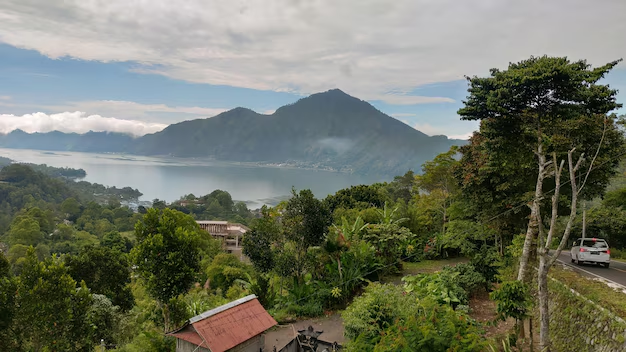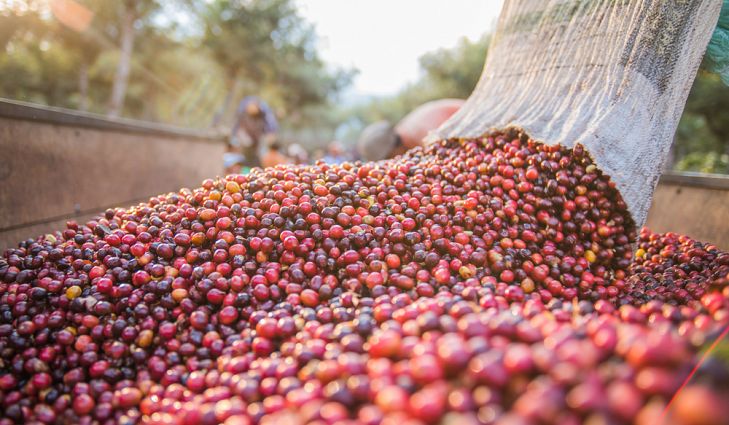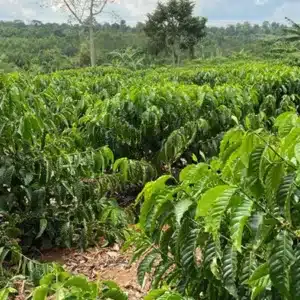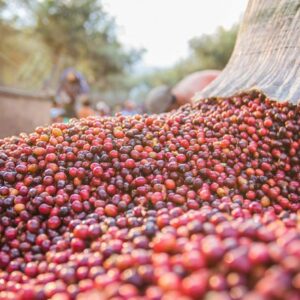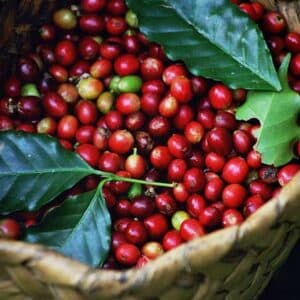Rwanda – Remera Washing Station
About This Coffee
About This Coffee
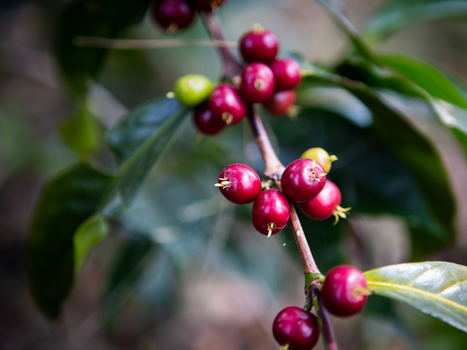
This coffee comes from Buf Cafe and is 100% Bourbon variety. Buf Cafe operates two separate washing stations – Nyarusiza and Remera. This particular lot comes from the larger of the two, Remera, which sits at 1950 meters. Buf Cafe was started by Epiphanie Mukashyaka after receiving funding from the Rwandan Development Bank and USAID’s PEARL project, and now managed with her son, Samuel Muhirwa. They process coffee cherry from two distinct cooperatives in the Ginkongoro prefecture: Cobabakagi (1300 members) and Terimbere Kawa Yacu (between 400-600 members). They also collect cherry from farmers in other regions, siphoning away outside cooperative output by placing collection sites within the operating zones of other established groups.
| Country of Origin | Rwanda |
|---|---|
| Region | Nyamagabe District, Southern Province |
| Producer Type | Washing Station |
| Farm Name | Various smallholders |
| Processing | Washed |
| Processing Description | Dried on raised beds |
| Growing Altitude | 1950m |
| Harvest Season | 2021/22 |
|---|---|
| Bag Weight | 60 KG BAG |
| Bag Type | Grain Pro / Ecotact |
| Plant Species | Arabica |
| Variety | Red Bourbon |

History of Coffee in Uganda
Coffee has deep roots in Uganda, with robusta beans growing wild around Lake Victoria long before colonial times. While Ugandans traditionally used these beans for cultural rituals, commercial coffee farming only took off during British colonial rule in the early 20th century. The British saw potential in Uganda’s fertile soils and introduced Arabica coffee in the highlands, while promoting robusta across the country. After independence in 1962, coffee became Uganda’s leading export, despite disruptions during periods of political instability. A revival in the 1990s, driven by the Uganda Coffee Development Authority, transformed Uganda into one of Africa’s top coffee producers, renowned for its high-quality robusta and specialty Arabica beans.
Growing Coffee in Uganda
In Uganda, the most ideal conditions for Arabica coffee cultivation are found in the high-altitude regions of Mount Elgon in the east and the Rwenzori Mountains in the west. These areas, with elevations ranging from 1,300 to over 2,300 meters above sea level, provide the cool temperatures and rich volcanic soils that Arabica coffee thrives on. Uganda produces both washed and naturally processed coffees, and in recent years, experimental methods like honey processing have also gained traction. The country grows a variety of Arabica coffee strains, including SL14, SL28, and Blue Mountain, with specialty coffee grades ranging from AA, AB to Peaberry, known for their distinct flavors and high quality.
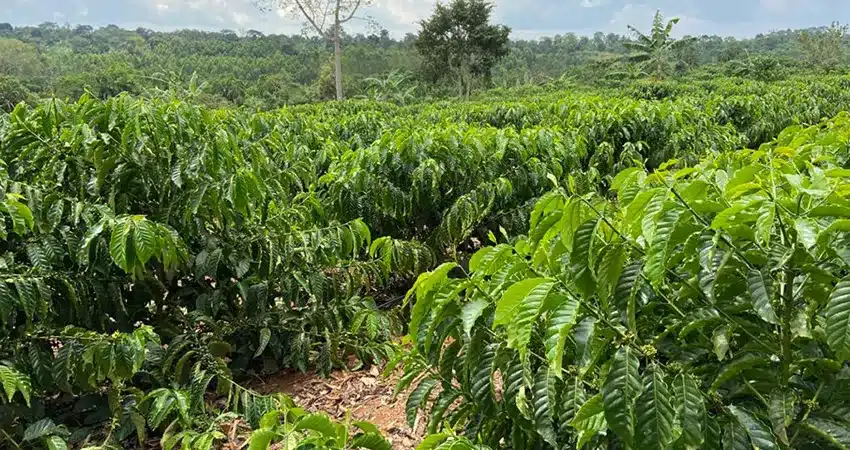
Sample Roasting Guide
Consistency is key when sample roasting. Yet, your first crack won’t always happen at the same time, which makes it difficult to know when to end your roast. Use this guide to know when to discharge depending on how long it took you to reach first crack.
